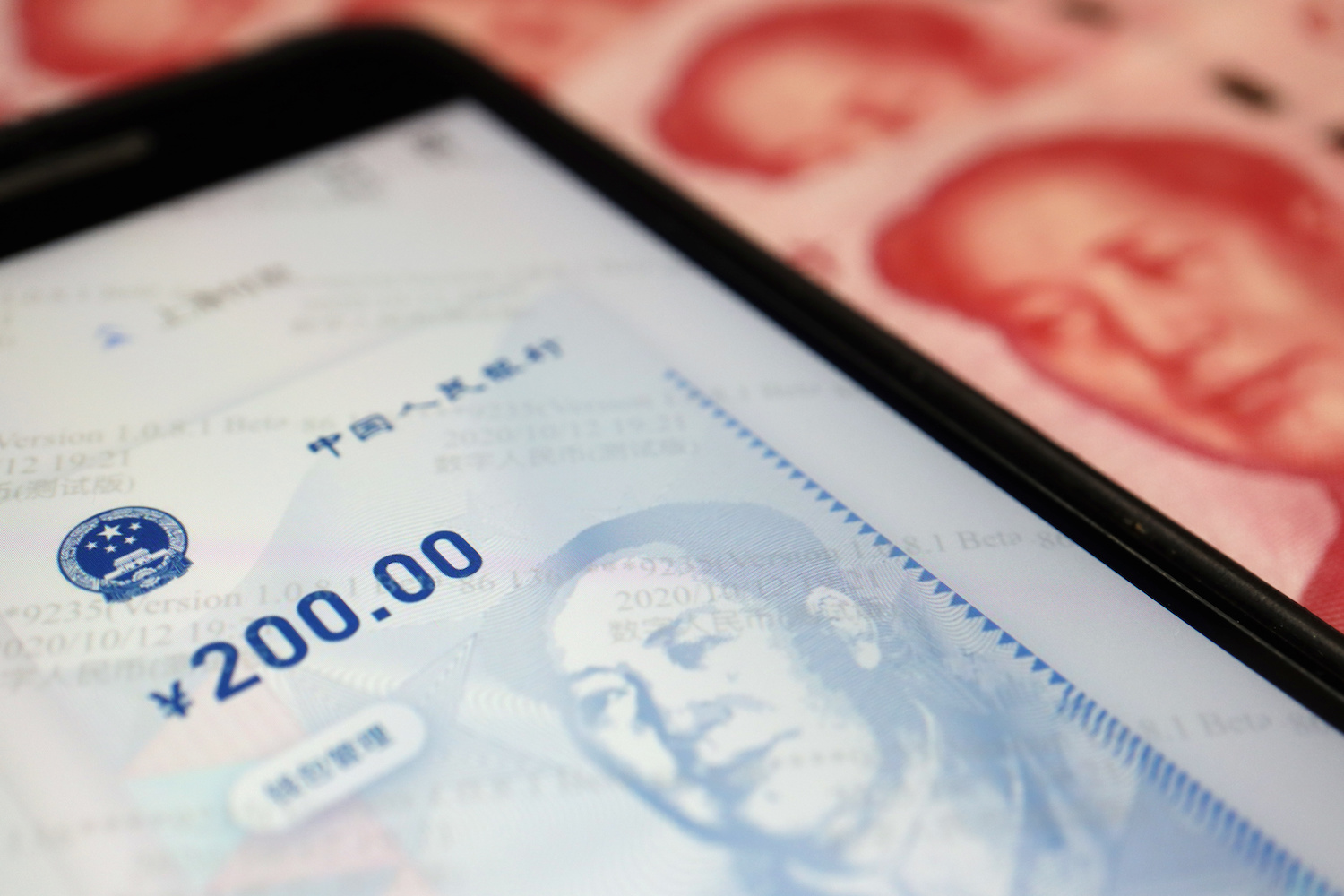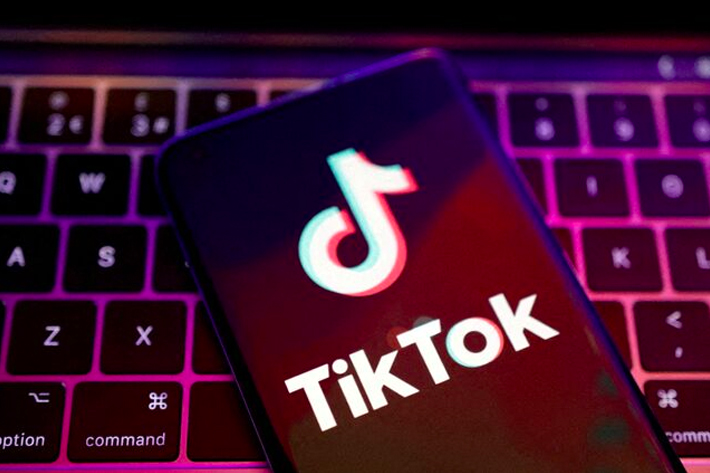(ATF) On March 20, at the China Development Forum held in Beijing, Mu Changchun, director of the Central Bank’s Digital Currency Research Institute, said that the digital yuan can achieve limited anonymity, but stressed that complete anonymity is not feasible in reality, as a certain identification needs to be retained for use and payment functions.
Mu said that anonymity through payment mechanisms such as bitcoin had led to its frequent use in drug transactions and human trafficking.
The PBoC research director said “controllable anonymity” is an important feature of the digital yuan. On the one hand, it reflects the need to protect public transactions and protect personal information. On the other hand, it reflects the objective need to prevent, control and combat money laundering, terrorist financing, tax evasion and other illegal and criminal activities, and to maintain financial security.
Mu Changchun said small transactions of the digital yuan could technically be made anonymous, and different digital wallets could be opened. But ‘anonymous wallets’ could only be opened with a mobile phone number. However, ‘anonymous wallets’ have a limit and can only do small daily transactions. People who want to make large-value transactions would have to upgrade the wallet.
This design, he said, aimed to meet the reasonable needs of the public on the one hand, and to prevent criminals undertaking large transactions.
While many countries around the world are assessing the merits and technical factors involved in the use of digital currencies, critics have noted that ‘privacy’ is an issue that has so far not been greatly discussed.
But can the central bank obtain the information about the identity of users through telecom operators?
Mu Changchun emphasized that in accordance with current laws and regulations in China, telecom operators are not allowed to disclose mobile phone customer information to the central bank and banks. Nor can they disclose user information to cooperative operators.
He also said that the central bank has carried out a lot of technological and system design to ensure the privacy of users and digital yuan wallets.
In terms of personal information data, the counterparty’s operating agencies and other commercial institutions would have to strictly follow network security laws, regulations and technical standards, such as laws and information security regulations, and establish a personal information protection management mechanism.
Mu’s comments did not mention foreign telecom operators, but China Mobile does offer international services such as in the UK. Whether a person will need a Chinese mobile number only to use digital yuan appears to be the current strategy.
Other issues involve whether the digital RMB/yuan will pose a threat to Alipay and WeChat Pay’s stranglehold on digital wallets because it is free, currently, of transaction fees. However, Mu Changchun has said the digital RMB will serve as MO – a source of money supply – rather than a digital wallet.
Ark Solutions commented that: “We believe that de-throning China’s digital wallet duopoly would be difficult given their tight integration into China’s internet ecosystem. While digital RMB could become a part of China’s digital wallet ecosystem, only time will tell.”
























